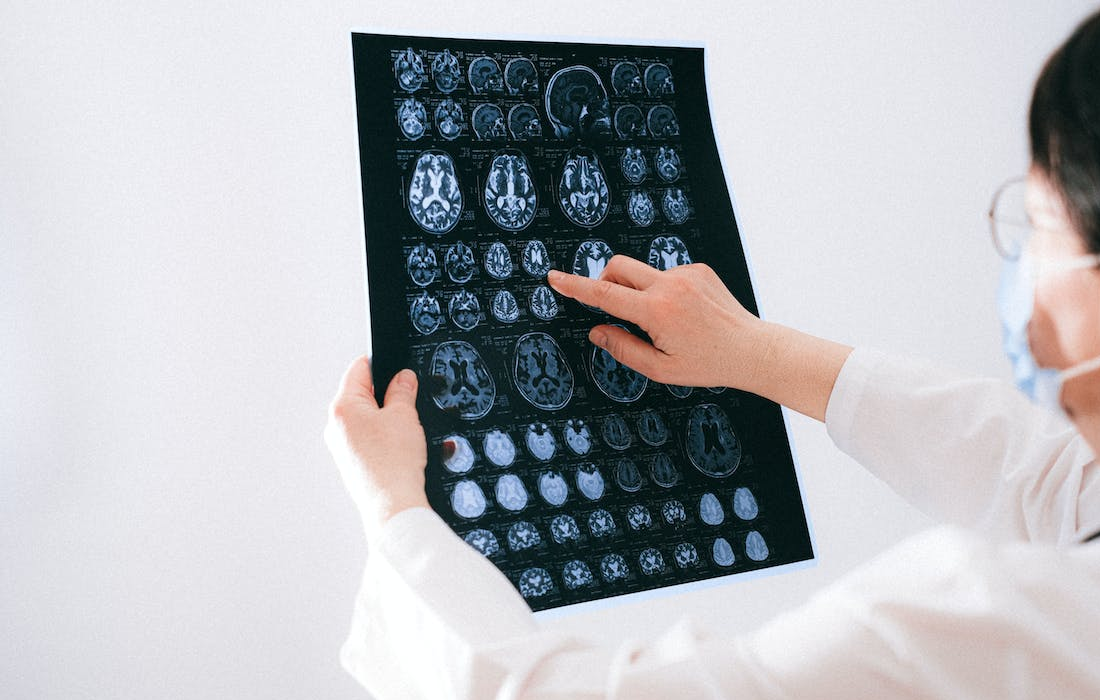Regenerative Medicine News and General Information
Scientists Find Potential New Targets to Treat Stroke
Scientists have been trying to find ways to minimize the damage following a stroke and speed up recovery.
Now, a study led by scientists from Weill Cornell Medicine has found changes in gene activity in small blood vessels following a stroke.
The findings suggest that these changes could be targeted with existing or future drugs to mitigate brain injury or improve stroke recovery.
The study is published in PNAS.
Lead author, Dr. Teresa Sanchez, assistant professor of pathology and laboratory medicine at Weill Cornell Medicine, said: “Our study has improved our understanding of the pathophysiology of stroke by providing a knowledge platform of the molecular alterations in the cerebral microvasculature, which is critical to develop novel therapeutic strategies for this devastating condition.”
This new study recorded post-stroke changes in gene activity in the cerebral microvasculature in mice. It also identified similar changes in human stroke patients.
Having found 541 genes whose activity was altered similarly in both mice and people following stroke, the researchers identified several clusters of genes with different roles.
They identified genes involved in general inflammation, brain inflammation, vascular disease, and the type of vascular dysfunction that makes cerebral microvessels leaky. These leaky vessels then weaken the blood-brain barrier that regulates the movement of substances between the blood and brain cells.
The researchers found that, after stroke, the activity of molecules that control the blood-brain barrier was changed.
“Stroke induces robust alterations in genes governing the blood-brain barrier and endothelial activation, i.e. upregulation of genes leading to blood-brain barrier leakage and downregulation of genes protecting the blood-brain barrier,” Dr. Sanchez explained.
They also discovered that the activity of genes controlling the levels of sphingolipids — fat molecules that are involved in a complex range of biological processes, including inflammation — was disrupted following stroke.
The researchers suggest that some of these molecular changes could be new targets for drug therapy.
They highlight the increased levels of sphingolipids in cerebral microvasculature, suggesting that targeting these might have therapeutic potential following stroke.
Dr. Sanchez and her team are now following up with preclinical experiments using candidate drugs or genetic methods to reverse some of the specific microvascular changes identified in their study, to investigate if this could be beneficial for stroke patients.
Sources:
Keri Callegari, Sabyasachi Dash, Hiroki Uchida, Yuto Shingai, Catherine Liu, Anne Khodarkovskaya, Yunkyoung Lee, Akira Ito, Amanda Lopez, Tuo Zhang, Jenny Xiang, Michael J. Kluk, and Teresa Sanchez (2023). Molecular profiling of the stroke-induced alterations in the cerebral microvasculature reveals promising therapeutic candidates. April 14, 2023. 120 (16) e2205786120. https://doi.org/10.1073/pnas.2205786120
Katherine Lang. (2023, April 20). Scientists find potential new targets to treat stroke. MedicalNewsToday. Retrieved April 20, 2023 from https://www.medicalnewstoday.com/articles/scientists-find-potential-new-targets-to-treat-stroke
Photo by Anna Shvets from Pexels: https://www.pexels.com/photo/person-holding-blue-and-white-floral-card-4226123/

